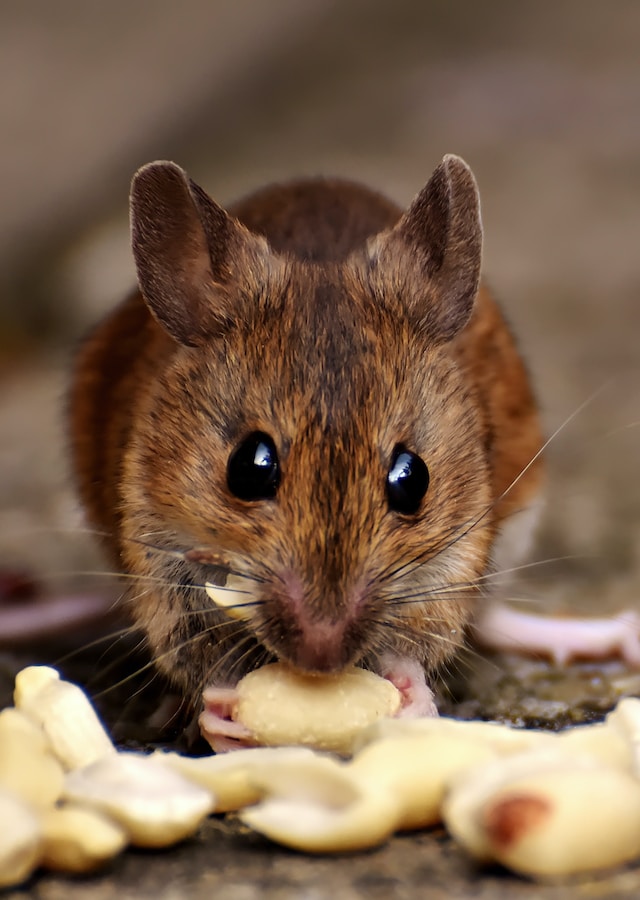
Controlling rodents is a crucial aspect of maintaining a safe and hygienic environment within your home. Keeping these unwanted visitors at bay not only preserves the integrity of your living space but also safeguards the health and well-being of your family. Acting preemptively to tackle the issue of rodent intrusion can spare you the hassle and discomfort that comes with handling a full-blown infestation. Implementing preventive measures beforehand proves to be a wise strategy, preventing these pesky creatures from establishing a foothold in your residence. By adopting a proactive stance against potential rodent invasions such as using pest control Vancouver, you create a protective barrier around your home, ensuring a haven free from the disturbances and health risks associated with these creatures. Here, we present a series of straightforward yet effective steps, including rodent control Vancouver you can easily incorporate into your routine to stave off rodents and uphold the cleanliness and safety of your household:
Sealing Entry Points: Rodents possess a knack for sneaking into homes through minuscule openings. Take time to carefully inspect your walls, doors, windows, and foundations for any cracks or holes that might serve as gateways. Utilize materials like caulk, steel wool, or wire mesh to seal these openings effectively. By diligently closing off these entry points, you fortify your home against the invasion of rodents.
Maintaining Cleanliness: Ensuring a consistently clean environment within your home is pivotal in deterring rodent infestations. Regularly attend to areas where crumbs and food particles typically gather. Employ airtight containers to store food and ensure proper sealing of pet food to deprive rodents of accessible food sources. This stringent cleanliness regime significantly reduces the likelihood of rodents finding sustenance within your home, thereby diminishing the risk of an infestation.
Trimming Vegetation: Rodents often capitalize on overhanging branches and shrubs as convenient pathways for entry. Maintain a vigilant eye on trees, bushes, and other vegetation surrounding your home, keeping them pruned and distanced from your house. By removing these accessible routes, you create obstacles that make it notably more challenging for rodents to infiltrate your home.
Implementing Proper Waste Management: Securely containing garbage within tightly sealed containers and adhering to a regular disposal routine is crucial. Placing trash cans at a distance from your residence dissuades rodents from scouring for food in proximity to your home. By effectively managing waste disposal, you diminish the attractiveness of your property as a potential food source for these pests.
Controlling Moisture Levels: Rodents are naturally drawn to damp environments. Promptly addressing leaks and drips within your home eliminates potential nesting spots. Ensure optimal ventilation in areas such as attics, basements, and crawl spaces to thwart moisture accumulation, thereby diminishing the allure of your home to rodents seeking shelter.
Utilizing Traps and Baits: Strategically position rodent traps or baits, especially in areas displaying signs of rodent activity. Regularly monitor and reset these traps as necessary to efficiently manage any existing rodent population within your home.
Conducting Regular Inspections: Undertake routine inspections of your home, paying particular attention to potential entry points and areas where rodents might seek shelter. Early identification of these areas enables swift action to address issues before they escalate into a full-fledged infestation, effectively mitigating potential problems.
Implementing these preventive measures significantly reduces the likelihood of a rodent infestation in your home. By taking proactive steps to seal entry points, maintain cleanliness, manage waste properly, control moisture, and use traps, you can protect your home from these unwanted intruders. Remember, prevention is key in keeping your living space rodent-free and comfortable for you and your family.




